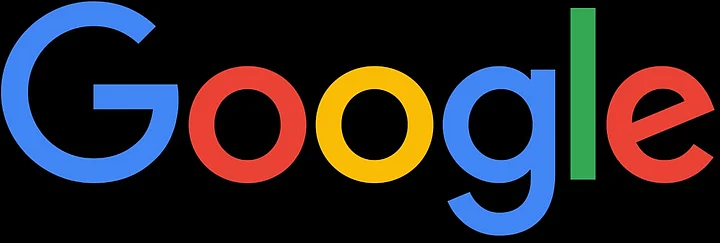Google has joined 30 companies to support a law that allows the spouses of H-1B visa holders, who possess H-4 visas to work in the country. They have prepared an amicus brief, a legal document filed in a lawsuit – Save Jobs USA vs Department of Homeland Security.
Google believes that highly skilled persons should be allowed to work. Invalidating such a law “would result in these talented individuals being barred from the workplace, forcibly severing tens of thousands of employment relationships across the country”, reported CNBC.
What is EAD?
The EAD is an Employment Authorization Document, through which some of the H-4 visa holders could work in the US. H-4 visa holders are generally spouses and children (under 21 years of age) of H-1B visa holders. They are given the visa as dependents of the H-1B holder. The EAD was issued starting in 2015 and allows the visa holder to work in any sector of the economy. It is still under review.
According to a blog by Catherine Lacavera, VP(Legal) at Google, “The EAD program provides employment to 90,000 H-4 visa holders, 90% of which are women. The pandemic has already disproportionately impacted women and ending this program would only make things worse, leading to disrupted careers and lost wages. (sic)”
Save Jobs USA vs Department of Homeland Security
The plaintiff, Save Jobs USA, is an organization of IT workers. They claim to have lost their jobs to immigrants, especially the H-1B workers. They strongly oppose the EAD to the H-4 visa holders and filed a lawsuit in 2015. “It was delayed as former President Donald Trump considered rescinding the H-4 work rule,” reports the PTI.
Save Jobs USA believes that the EAD increases competition for domestic workers. It claims that the DHS overstepped in allowing work authorization of H-4 visa holders and asked that the rule allowing it to be vacated.
The Amicus Brief
The amicus brief reiterates the impact such an event would have on women. They said that changing the law and disallowing the EAD will be destructive for the families impacted because 87% of these families have made crucial life decisions, such as buying a house, at what stage to have a child, relying on the rule that promises employment.
Most signatories to the amicus brief were from the field of technology, followed by manufacturing companies. These include tech giants like Adobe, Amazon, Apple, Twitter and Microsoft. These companies support immigration.
Some families also fall under the category of people waiting for green cards and the EAD allows them to bring in dual-income at such a stage.
There would also be a loss in domestic jobs as jobs created by the H-4 entrepreneurs would also be cancelled out, reported CNBC.
The case will be up for hearing on 31 May.
(With inputs from CNBC and PTI)
